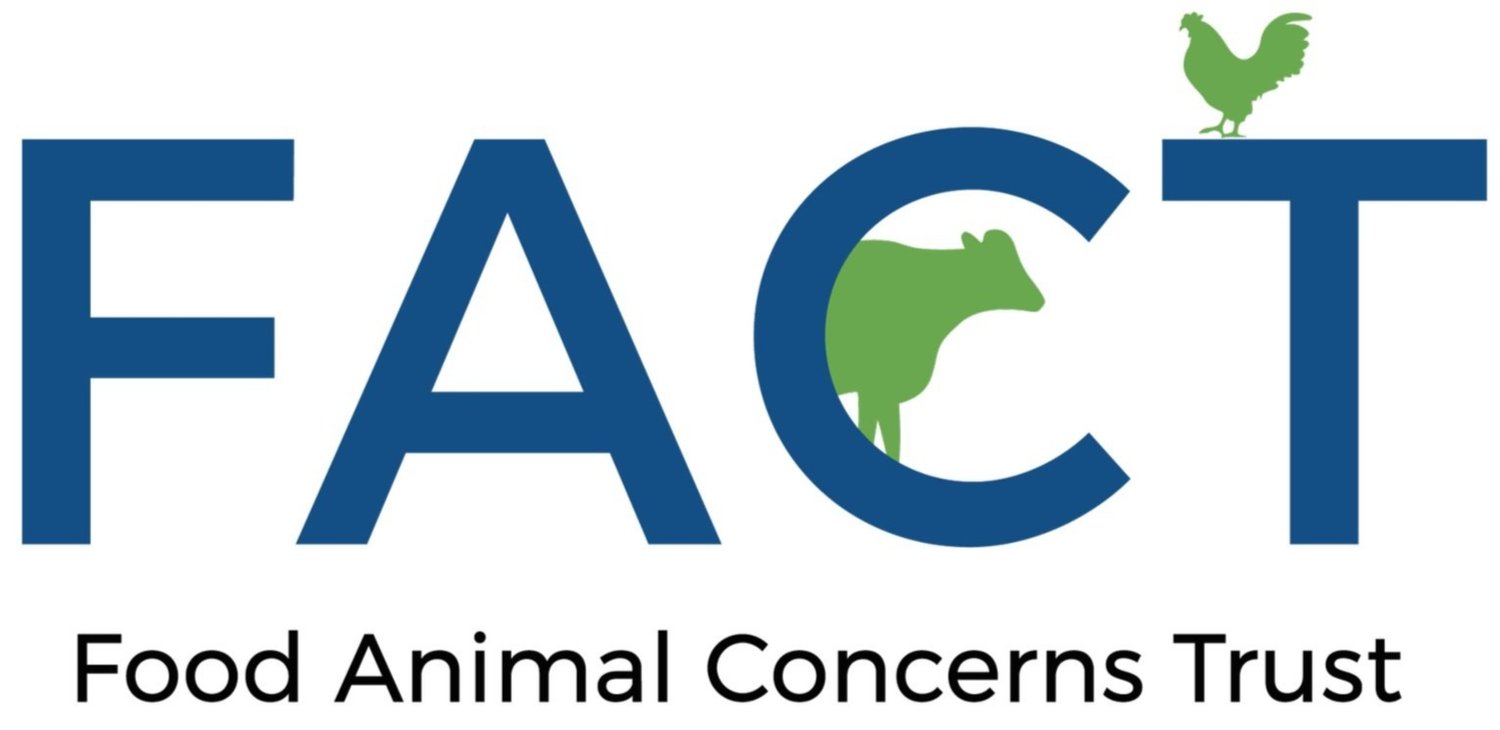What Happened to All the Eggs?
It’s All About Our Trip Around the Sun
By Samantha Gasson, FACT's Humane Farming Program Manager
I'm sure you are aware that the spring flush of farmers’ market eggs is behind us and the early Saturday morning alarm setting to get to the farmers market before the eggs are sold out is any farm fresh egg lover’s norm.
Hungar Moon Farm in VT
Yep, the egg dearth is almost upon us.
Here’s the low down on the midsummer egg-laying doldrums, it makes a lot of sense if you think about the natural cycle of the hen….it's all about their journey around the sun.
Hens are programmed to lay the most eggs when their chicks will have the best chance for survival, which they determine by the length of daylight. After the winter solstice our hens start to lay a few more eggs each week in preparation for the warmer weather and the bountiful forage (and bugs) it brings. By early March, here in NC, our birds go from one or two eggs a week to almost one every day.
(As an aside…….If a chicken was allowed to do its wild thing, they would lay eggs until they had a full nest, start sitting by late March, and have chicks by mid-April when nature’s bounty is plentiful….if you’re a chicken that is).
Hen and Harvest Farm in CA
By late April they slow their production then slow down even more after the summer solstice passes and the days start to shorten. By the time you get to winter, they're back to laying one or two eggs a week. This is a much-needed break for the hen and allows her to replenish her reserves in time for her spring push to lay as many eggs as possible.
The commercial guys trick their high-production birds into thinking it's early spring all year with artificial lights and a climate-controlled environment. This gives the producer the maximum number of eggs they can possibly get per bird year-round (not good for the bird but good for the bottom line).
Most of the farmers in FACT’s network have their birds out on pasture free to roam, run, flap, and frolic (might seem like a fanciful word for a chicken but they really do frolic). They don’t produce as many eggs as the commercial guys, which is why you pay a slightly higher price at the market, but there is peace of mind in knowing your eggs are from happy chickens.
So, the next time you just miss that last dozen eggs at the farmers’ market remember that the farmers are just letting their hens do their hen thing….would you prefer they do it any other way?


